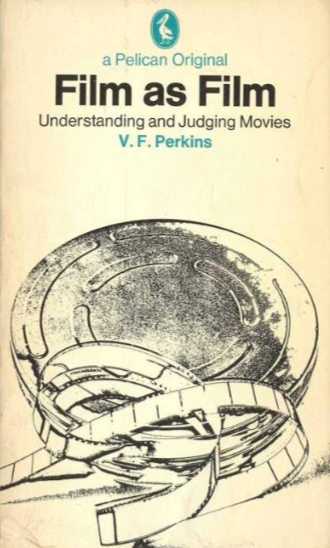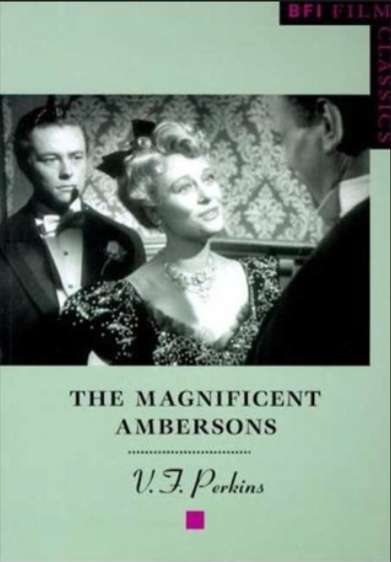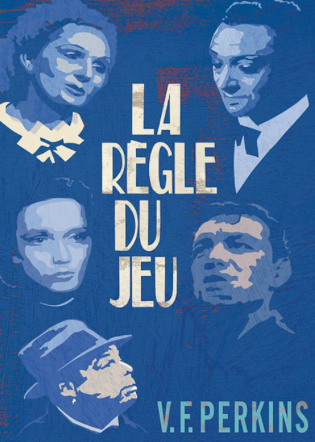Ed Lamberti
This is the text of a tribute delivered at Victor’s wake on the 2nd of August, 2016.
I’d been an undergraduate for about two weeks. This was the autumn of 1993. Victor had just finished a lecture, and we were all filing out of the room, when Victor called me over – me and one of my friends on the course – and he asked us if we wouldn’t mind helping him carry some boxes out to his car. Well, of course we wouldn’t mind – we were, even at this early stage, very fond of Victor, because of the lectures. So, we helped him with these boxes – they were full of books – and as we were helping him carry them out to his car and load them into his boot, he said to us, “So, are you both eating OK?” And we said, “Yeah…yeah”. And he said, “Well, what are you eating?” And we said, “Well…pasta, bread, toast…” And Victor said, “Well, of course, those are the fillers, but you really must make sure you’re eating plenty of fresh fruit and vegetables”.
If that’s one of my first memories of Victor, I think that one of the reasons it’s stuck with me is because even at that early stage, as well as already realising what a great teacher he was and what a great teacher he was going to be to us, I was also getting a sense of another side of Victor, which is that he really cared about the students beyond the classroom as well – he was there to help you through the university experience. Victor was my personal tutor – the personal tutor is someone that you have whom you can go to every term and talk to about how you’re getting on and any hopes and fears that you have, and so on and so forth – so he was someone I got to know like that, and I just felt so grateful to have Victor on my side in that way.
To say something about those lectures: at Warwick we watched the films twice – you’d watch the film, then you would have a lecture, then you’d watch the film again and then there’d be a seminar where you could talk about how you felt about the film. Now, on Victor’s course he didn’t normally say anything before the first screening, for obvious reasons: he just wanted you to watch the film. But one week he showed us Johnny Guitar. And before the film began, Victor said to us, “Don’t make the mistake of thinking that you’re cleverer than this movie”. Like all the best advice one receives in life, it needed no explanation. But it is a line that stayed with me, and something that I, in my mind, apply to certain movies and something that I might kind of unbox when I get opportunities to share certain movies with people and say that to them – “Don’t make the mistake of thinking you’re cleverer than this movie”. He didn’t mean it in a provocative way, he didn’t mean it in a threatening way – he just meant, Watch, listen, learn, hold back, before you start to say anything about it. It was something to do with Victor’s very, very precise use of words, which really does stay with you.
Victor, though, could also be very funny. Something that I remember: it was the Five Nations rugby tournament – these days it’s called the Six Nations but back then it was the Five Nations – and I think it was the Radio Times that had done a cover with a photo of a rugby player on it and a slogan promising the excitement to come. It said, “Five Nations, One Victor”. Now, that week, I rocked up to V. F. Perkins’ office for my personal tutor session, to find, on his office door, cut out from the Radio Times, that slogan: “Five Nations, One Victor”.
I graduated in 1996, and I have to say that for the last twenty years it’s been one of the profoundest joys of my life to have been able to continue to know Victor and to have been able to count him as a friend. Like all great teachers, Victor got you learning, but he also, in a way, without meaning to, got you wanting to do it for him. It got you writing better, thinking better, watching films better, because you wanted somehow to impress him, you wanted to honour the very good work that he’d done and all the thing that he’d given you, you wanted to give something back to him, in the form that he understood, to show your appreciation as one of his students. And though he became a friend, I never stopped learning from him, I never stopped feeling like I was one of his students. Only a few years ago, I’d gone up to Warwick to have lunch with him, and I was telling him about some film that I wanted to write about, and I was saying, “The film requires our attention at this point because…” etc. etc. etc. And Victor patiently waited for me to finish, and then he said, “Requires? Or rewards?” Sometimes it was only later that you realised the full profundity of what he’d said and what he’d meant.
It’s terribly, terribly sad that Victor is no longer here with us and that we can no longer enjoy the pleasure of his company. What we do have is the greatness of his writing. That lives on, and always will. It is the best writing. I don’t just mean in terms of film writing; it’s up there with the best writing I’ve read in any discipline. Victor’s writing was so great.
I just want to end with one thought, and it is this thing about words and about saying what you mean. I think in Victor’s company I often felt sort of in awe of him. I think a lot of us did. And I think over the years I felt that it would be silly somehow to tell him how I felt about him, because he might think that it was – or I thought he might think that it was – silly, it might be embarrassing for him to hear – I guess I was saving him from it – or it might not be the best use of words or the best use of a mind. But in more recent years, and I think particularly since his health scare in 2013, I think we felt an ever more acute sense of gratitude for having Victor in our lives, and I did feel that I got slightly better at showing that, at telling him that I enjoyed his company, was grateful for his advice and was looking forward to seeing him again. Now that he’s no longer with us, if there’s one thing that I think we can do that might help ease the pain of that, it’s in being better at telling your loved ones how you feel about them – showing what Victor showed so much to us and so much to the movies, which was appreciation.




